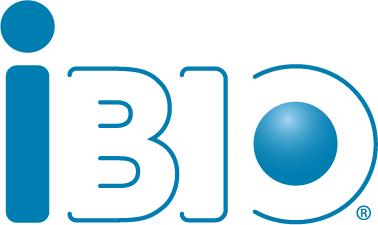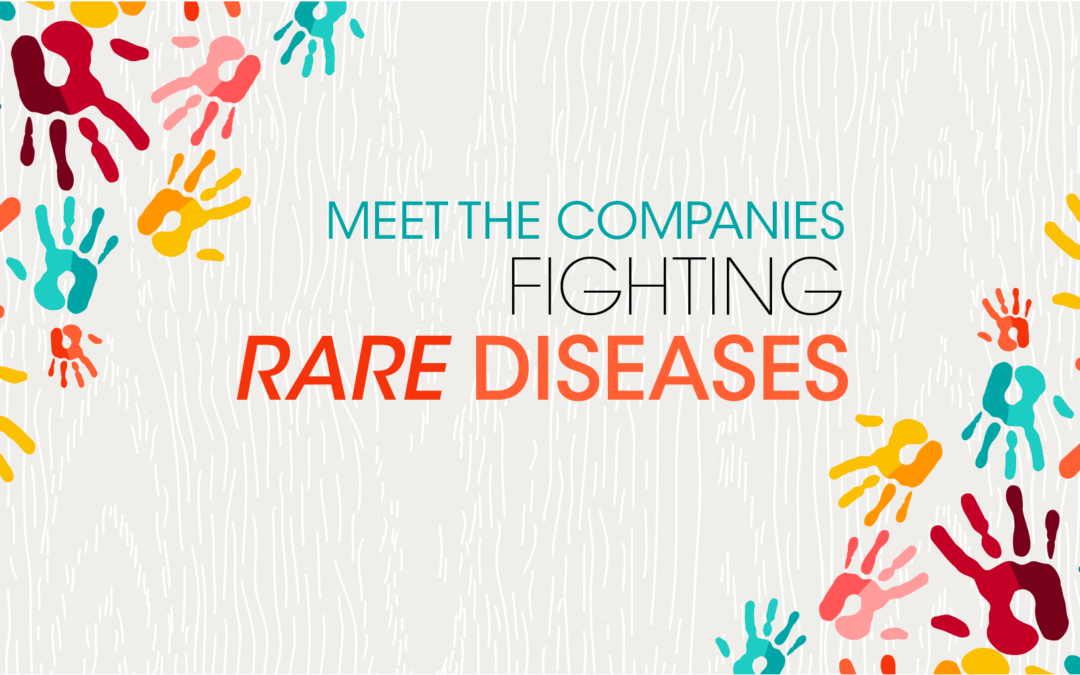Today is Rare Disease Day in Illinois, and despite its name, this is big news to 1-in-10 Illinois residents.
Rare Diseases are diseases or conditions that affect fewer than 200,000 people. But their impact on public health is far-reaching. In total, rare diseases affect 30 million Americans.
Treatment options for rare diseases are limited and represent a significant unmet need for patients. 95% of the identified 7,000 rare diseases do not currently have an FDA-approved medicine and the majority of rare diseases are critical or life-threatening and disproportionately impact children.
In an effort to highlight the challenges that rare disease patients face and how iBIO member companies are working with patients to develop new therapies, iBIO worked with Senator Linda Holmes to introduce a recently adopted resolution, SR838, declaring February 28, 2022 as Rare Disease Day in the State of Illinois.
The purpose of this proclamation is to raise awareness of rare diseases, support individuals and families who struggle with rare diseases, bring attention to the need for research and funding to support the discovery and development of therapies designed to treat and potentially cure rare diseases, and support the continued work of the Illinois Rare Disease Commission.
This past November iBIO worked with Senator Linda Holmes to introduce a bill, that was signed into law, that extended the deadline for the Illinois Rare Disease Commission. The Commission was formed in 2017, but was never able to meet its statutory purpose of providing a voice for rare disease patients with appointed and elected officials in Illinois to highlight how the state can better help the patients and families with rare diseases.
Across rare diseases, individuals and families have unique challenges they must manage daily. The inherent nature and complexities of rare diseases may delay an accurate diagnosis by more than seven years. Even after diagnosis, rare diseases pose many challenges in their treatment as patients and caregivers often have to manage complicated care schedules and medication regimens. There are also logistical challenges related to accessing care from specialists who are geographically dispersed from the patients. These challenges have only been exasperated by the COVID pandemic.
Companies working in the Rare Disease space face increased challenges as well. 94% of orphan drugs in clinical trials will fail. The development of orphan drugs is fraught with practical challenges. There may be disease-specific complexities, such as poor understanding of the natural history of the therapeutic indication due to little information about disease progression, geographical dispersion of a small number of patients, and the relative scarcity of published clinical trials to inform study execution.
Given the nature of rare diseases, the small patient populations, specialized needs and clinical challenges faced with bringing a rare disease drug to market, policy incentives to promote research and development for rare disease drugs are critical. Also, above other patient populations, iBIO member companies focused on rare diseases have a very special relationship with the patients.
That is why it is so important to provide patients with a voice and a forum, Iike Illinois Rare Disease Commission, to meet with policymakers. It is also important to protect policies that promote drug development for rare diseases. Sustained R&D investment in rare disease drug development supported by the 1983 Orphan Drug Act (ODA), is now driving rapid growth in later-stage clinical activity.
Since Congress passed ODA in 1983, more than 800 new orphan therapies have been approved by the FDA. But millions of patients with rare diseases are still waiting for new medicines.
In addition to the crucial incentives provided by the ODA, three policy areas are critical for supporting continued investment in biopharmaceutical discovery and development efforts, including orphan drugs:
- Strong intellectual property protections
- A well-functioning, science-based regulatory system
- Coverage and payment policies that support and encourage medical innovation
We have seen remarkable progress in the fight against rare diseases over the past decade, providing treatment options to patients for the first time.
The iBIO member companies fighting rare diseases have the resources, expertise, and infrastructure to make a more meaningful impact for rare disease communities.
Illinois is a leader in the nation with a growing number of companies focused on rare diseases. From Horizon Therapeutics and Novartis Gene Therapy to Xeris Pharmaceuticals and startups like CiRC Biosciences. Illinois is home to a growing number of Life Sciences companies focused on Rare Diseases. To learn more about Rare Diseases and the iBIO members focused on Rare Diseases, visit iBIO’s Rare Disease Portal.

